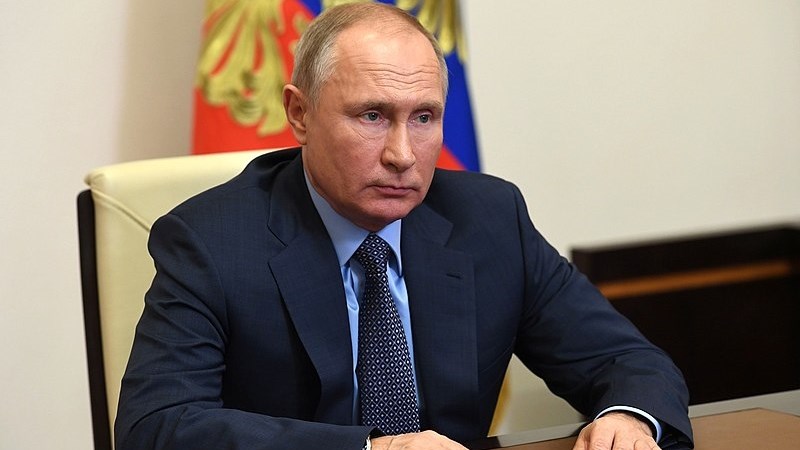Agriculture
#Agbiz: What does the recent Russia-Ukraine grain deal mean for Africa?─── 05:00 Tue, 26 Jul 2022

As usual on the Agri Hour, Wandile Sihlobo, chief economist at the Agricultural Business Chamber of South Africa, Agbiz, provides a weekly insert about the latest on the global as well as South African agricultural markets.
He also provides more information about the latest developments in the agricultural sector.
See PODCAST below
This week, Sihlobo takes a look at what the recent Russia-Ukraine grain deal means for the African continent.
“The Russia-Ukraine ‘grain deal’ signed on 22 July 2022, is a positive step in addressing global food insecurity. Russia agreed not to attack grain vessels in the Black Sea region, which could restore the grain trade. But this promise didn't last for long, as we woke up the following day to the news of a series of Russian missile strikes that hit the critical Ukrainian port of Odesa.
ALSO READ: Ukraine grain crisis a 'wake-up call' for Africa: Ramaphosa
“This attack will likely undermine the grain deal, a multinational effort to avert the global food crisis. Also, the grain traders and merchants might be reluctant to be in this risky zone, which ultimately defeats the deal.
“The deal itself was significant as Ukraine has roughly 22 million tons of grain (wheat, maize, sunflower seed and other grains) in silos, unable to reach the export markets. This is mainly because of the disruptions of the war on infrastructure and the attacks on vessels transporting goods.
ALSO READ: Brent oil drops under $100/barrel for first time since April
“The ‘grain deal’ was aimed at changing this chaotic situation, with Russia promising not to attack grain vessels. Disappointingly, this promise wasn't kept,” explains Sihlobo.
He further adds that there was an assumption that Russia had kept their word, the immediate benefit of the deal was going to be through grain prices, which could have softened following the agreement, although possibly marginal, as it implies that there will be an increase in supplies available to the world market.
“The possible softening of prices would have added to an already positive picture of global grain prices, which have come off from the record levels we saw in weeks following Russia's invasion of Ukraine.
LEES OOK: Kommer bestaan oor moontlike voedseltekorte
“For example, the FAO's Global Food Price Index was down 2% in June 2022 from the previous month, a third monthly decline. Still, this is up 23% year-on-year (y/y), which means that the recent deal and possible resumption of trade would bring much-needed relief to the grains market.
“Still, grain prices were unlikely to return to pre-war levels, as a range of factors were already driving agricultural prices up over the past two years. For example, drought in South America, East Africa, and Indonesia and rising demand for grains in China have weighed on global grains supplies these past few seasons and thus, pushed prices up before the war.
“The possible price decline and increase in supply due to the Russia and Ukraine 'grain deal' would have likely benefited all importing countries and consumers in the medium term. This assumes that shipping lines will start taking orders and moving the grains,” concludes Sihlobo.













